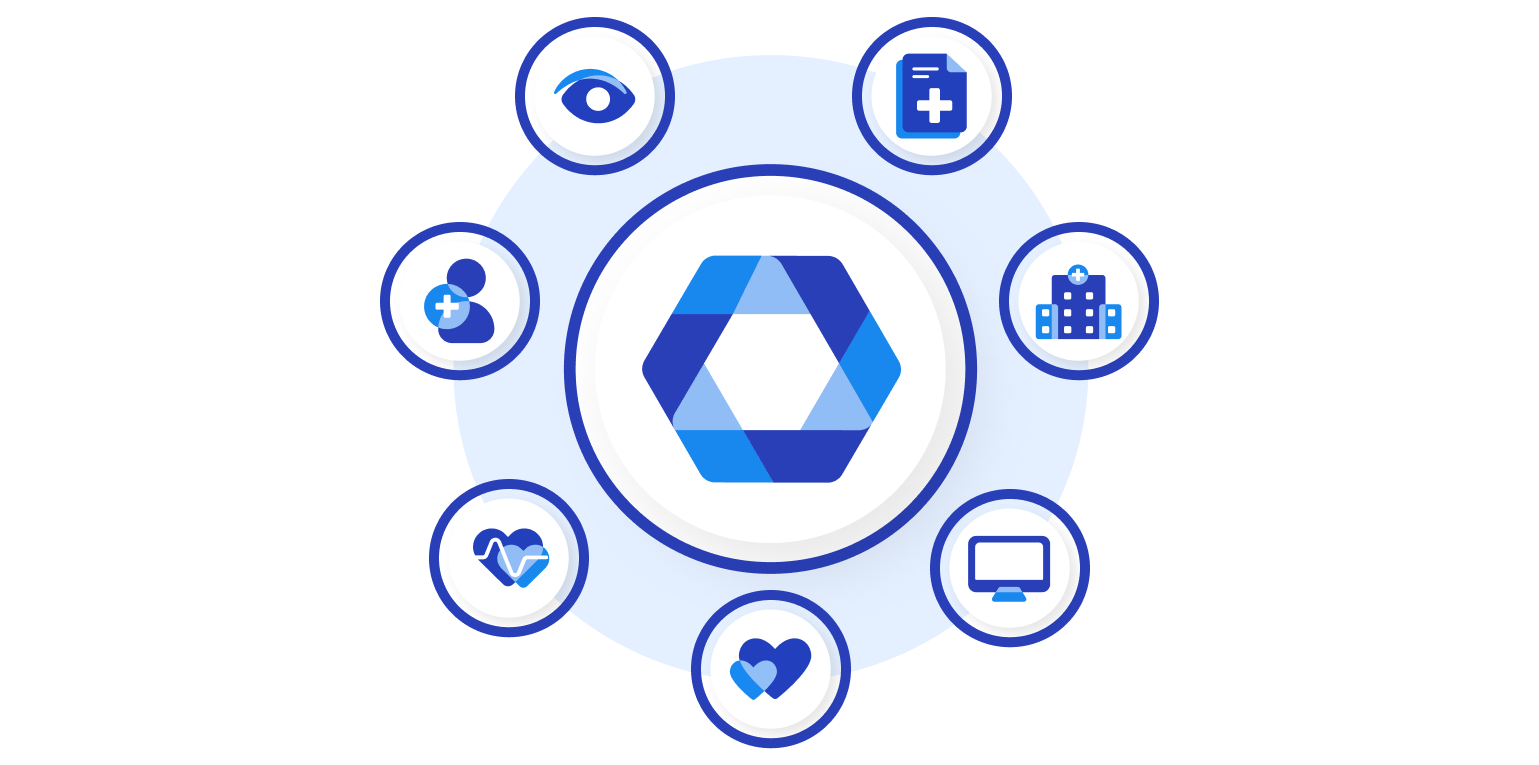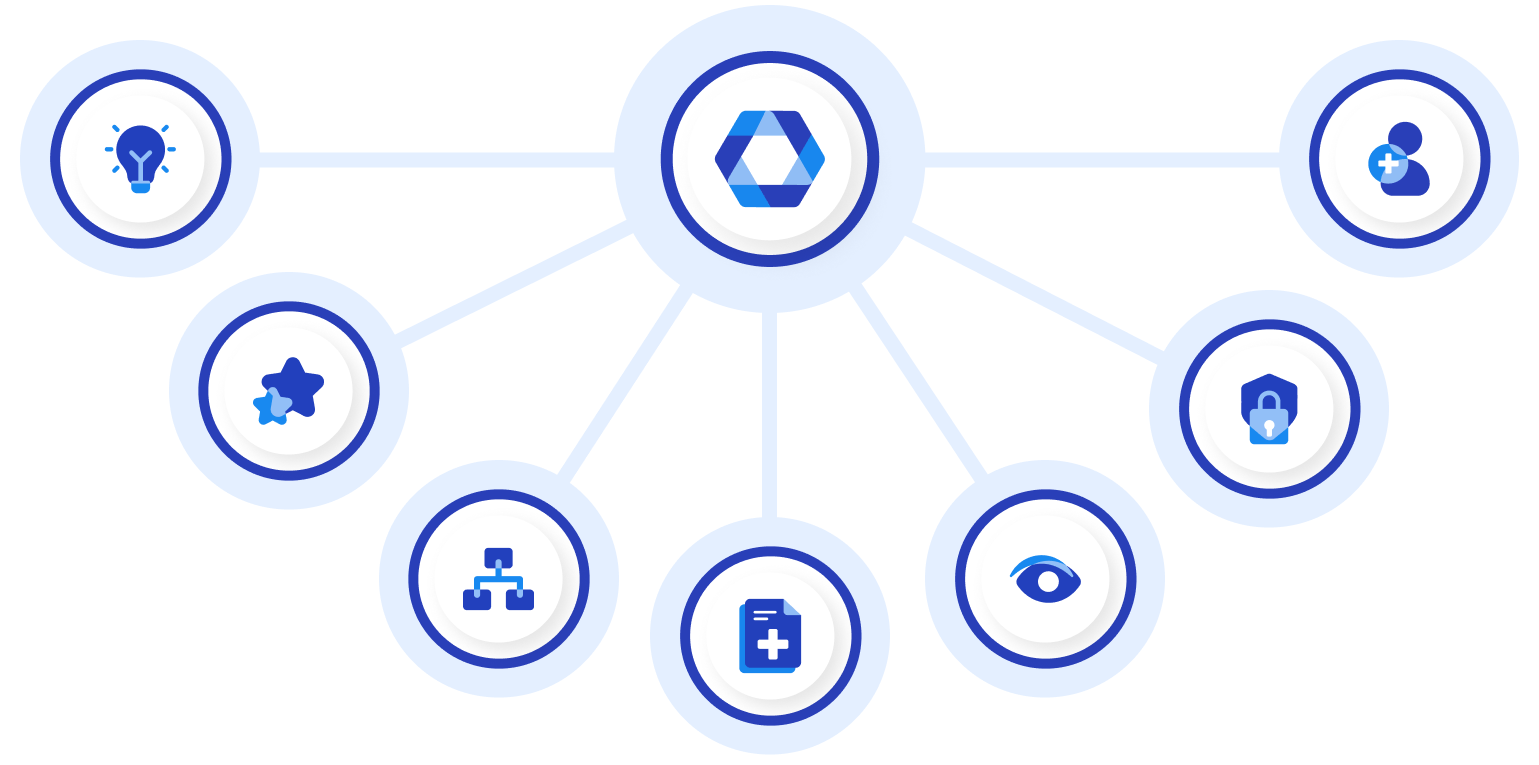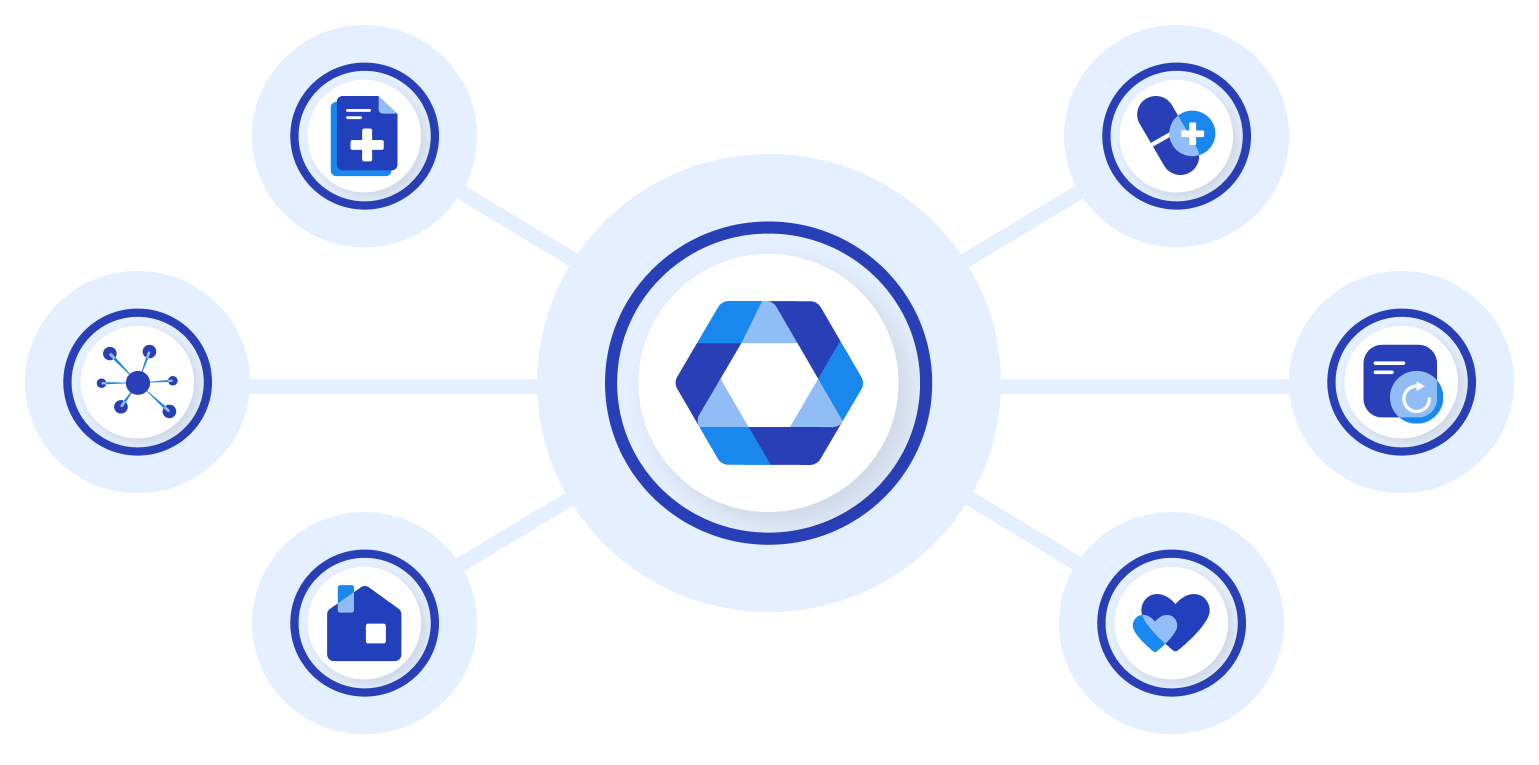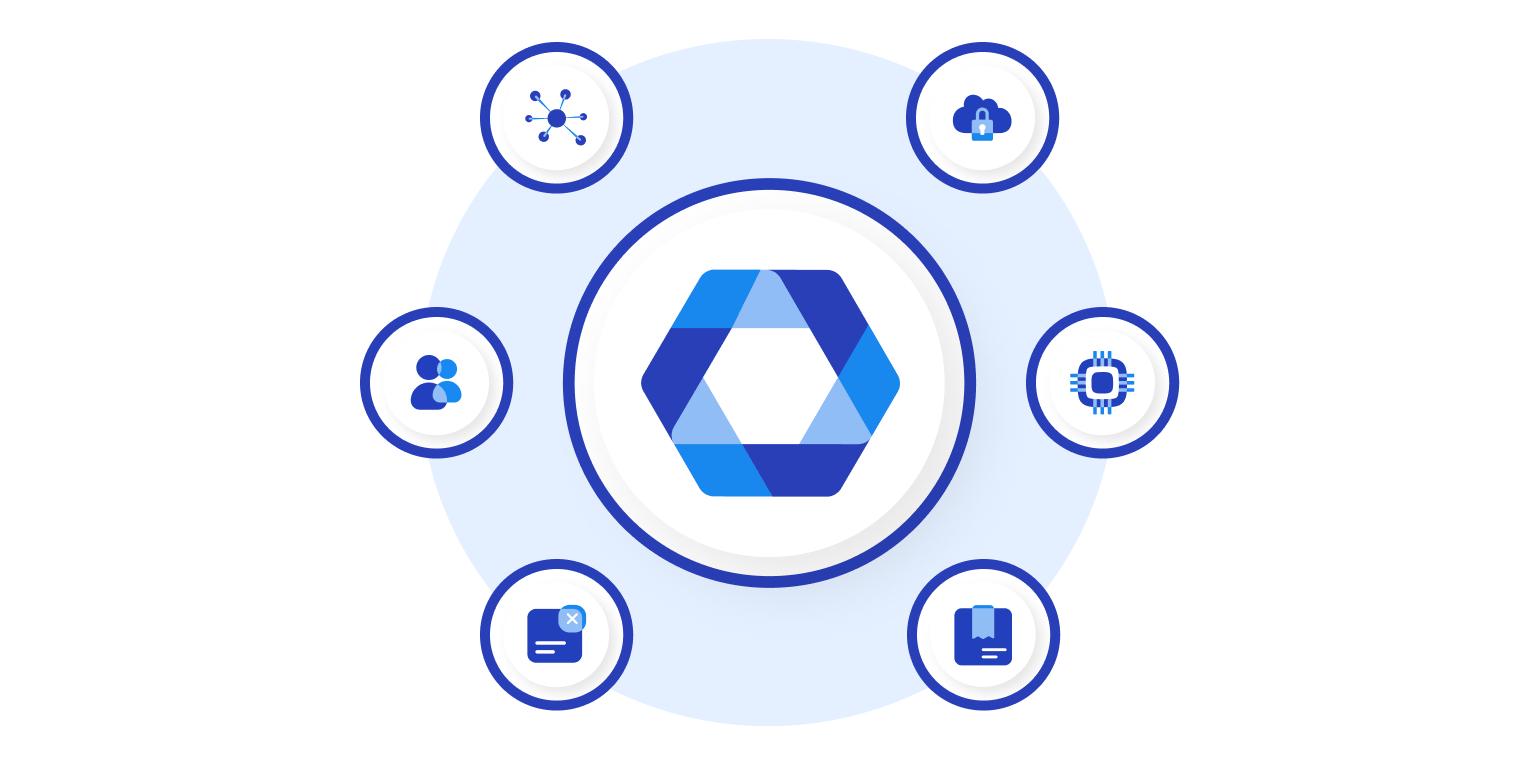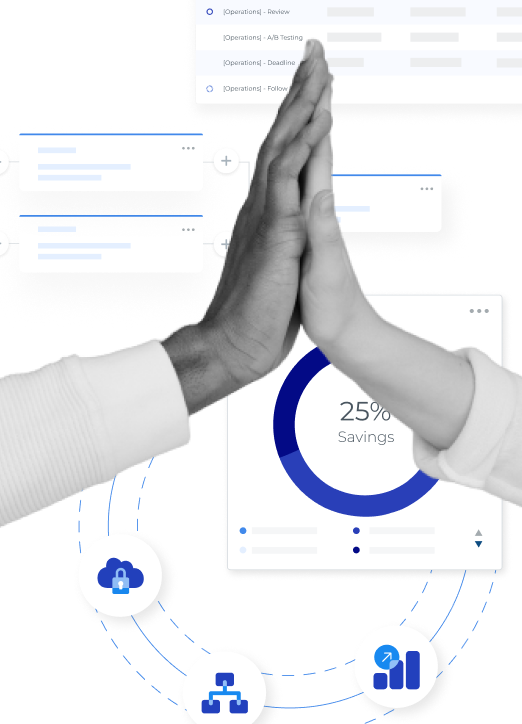The advent of artificial intelligence (AI) has revolutionized numerous sectors, with healthcare emerging as one of its primary beneficiaries. Particularly in cardiology, AI’s applications aren’t only transformative but are also driving a new era of precision, efficiency, and personalization in healthcare.
Understanding the Need for AI in Cardiology
The importance of AI in modern cardiology can’t be overstated. As heart disease remains a leading cause of death worldwide, we face an increasing need for efficient, effective, and personalized healthcare, and AI is well-prepared to address these challenges.
AI can transform cardiology practices by providing data-driven insights that can lead to better patient outcomes. For example, AI-powered tools can quickly interpret huge volumes of health data, identify patterns, and detect anomalies beyond human capacity.
Timely interpretation of this data can lead to early detection of potential cardiac issues, which means treatments can be initiated sooner, improving prognosis.
Furthermore, AI can help classify patients by risk, aid in treatment plans, and predict possible treatment outcomes, enabling personalized patient care and increasing treatment efficacy.
For example, Google’s AI system, DeepMind, was trained to predict patient deterioration up to 48 hours in advance, significantly improving patient outcomes in various healthcare settings.
In short, the need for AI in cardiology is pressing. The current trend of AI integration isn’t merely a technological evolution but a necessity to meet the complex demands of modern cardiology. By overcoming traditional barriers and improving current practices, AI is steering cardiology toward a future of better cardiac care.
AI Tools and Technologies in Cardiology
The rapid integration of AI tools into clinical settings proves their increasing importance in cardiology. These tools provide new solutions in imaging, diagnostics, risk prediction, surgical applications, and more.
AI in Imaging
AI has dramatically improved the interpretation and analysis of various cardiac imaging methods.
Echocardiography
AI can assist in interpreting echocardiography images with remarkable precision, helping diagnose heart conditions more accurately than traditional methods. It can also measure cardiac chamber sizes and identify abnormalities, aiding cardiologists in determining the best treatment plan.
Cardiac MRI & CT
AI can interpret cardiac MRI and CT scans to detect potential cardiac diseases, even at their early stages. The adoption of AI in this space significantly improves the accuracy of interpretations and allows cardiologists to make informed decisions promptly.
Coronary Angiography
AI helps better understand coronary angiograms by offering cardiologists detailed information on a patient’s coronary arteries. This helps physicians make accurate and informed treatment decisions.
Nuclear Cardiology
In nuclear cardiology, AI can drastically improve image quality and measurement, increasing diagnostic certainty and facilitating timely treatments.
AI in Diagnostics
AI’s role in diagnostics is a game-changer. Using advanced algorithms, AI provides superior accuracy and speed in diagnosing heart conditions.
Electrocardiography (ECG)
AI can interpret ECG results more accurately than human specialists often can. This can lead to more accurate diagnosis and timely treatment and significantly improve patient outcomes.
Wearable Devices
Wearable devices powered by AI provide real-time monitoring of patients. They track vital statistics and alert physicians of any significant changes. These devices can be a lifeline for patients living in remote areas, aging populations, or those requiring continuous monitoring.
Heart Sound Analysis
AI can recognize subtle anomalies in heart sounds, which could indicate potential heart conditions. Quick, accurate analysis leads to early diagnosis, prevention, and effective disease management.
AI in Risk Prediction & Personalized Medicine
AI’s predictive capabilities are revolutionizing patient care by offering personalized treatment plans.
Patient Stratification
AI can rank patients based on their risk of disease, which helps guide personalized treatment strategies. This approach can greatly improve patient outcomes and make healthcare more efficient.
Outcome Prediction
AI can analyze large volumes of data and predict patient outcomes. Such insights can inform which treatment paths could produce the best results for a given patient, reducing trial and error in treatment selection.
AI in Surgical and Interventional Cardiology Applications
AI’s assistance in surgical procedures and interventions has profoundly impacted patient outcomes and led to increased precision, comprehensive planning, and lesser recovery times.
Robot-Assisted Surgery
AI robot–assisted surgeries are characterized by high precision and smaller incisions, resulting in shorter recovery periods and reduced postoperative complications.
Catheter Navigation
AI assists in guiding catheters during complex procedures. It enhances precision, ensures safety, and increases the success rate of treatments.
Optimal Device Placement
AI can help decide the best place to put devices based on each patient’s unique physiology. This reduces complications and improves device function and longevity.
AI in Cardiac or Coronary Computed Tomography (CCT)
AI’s application in cardiac or coronary computed tomography (CCT) indicates remarkable changes in cardiac care. By using AI algorithms, CCT can generate detailed images of the heart and its blood vessels, significantly improving the accuracy of imaging and the overall diagnostic process.
AI can interpret these scans and identify minor anomalies the human eye might miss. This can aid in early and accurate diagnosis of coronary artery disease, leading to timely interventions and better patient outcomes.
AI in Heart Failure
AI’s contribution is also evident in managing heart failure, a condition that requires ongoing monitoring and timely medical intervention. AI tools can monitor vital signs and warn healthcare providers about any significant changes that may indicate a deterioration in the patient’s condition.
Additionally, AI can predict potential heart failure scenarios based on the patient’s current health data and trends. This predictive ability can help doctors adjust treatment plans ahead of time, preventing hospitalization and improving the patient’s quality of life.
AI in Arrhythmias
The role of AI in detecting and managing arrhythmias is another testament to its potential in cardiology. AI can analyze electrocardiogram (ECG) data to detect irregular heart rhythms, often more accurately than manual interpretation. This enables early intervention and prevents life-threatening complications.
One notable study showed an AI system that could identify 14 types of arrhythmias from ECG data with remarkable accuracy. This highlights how AI can improve arrhythmia detection and patient care.
The Role of AI in Cardiology Amid the COVID-19 Pandemic
The COVID-19 pandemic brought about unique challenges in healthcare, including in cardiology. With overwhelmed hospitals, limited staff, and the need to limit physical contact, traditional in-patient care faced significant hurdles. However, AI stepped up to the plate, offering effective solutions and innovative approaches to navigate these challenges.
AI-Driven Cardiovascular Complication Prediction in COVID-19 Patients
Interestingly, the pandemic saw an unexpected intersection between cardiology and infectious diseases. Several studies found that COVID-19 patients had a higher risk of developing cardiovascular complications.
AI tools were developed to predict such instances, significantly improving patient outcomes and helping doctors make effective treatment strategies. By analyzing variables like patient history, symptom severity, and disease progression, these tools could predict potential cardiovascular risks, leading to timely treatments.
AI in Remote Cardiac Monitoring Amid COVID-19
With the need for social distancing and the surge in COVID-19 cases, remote monitoring became essential for managing cardiac patients. AI-powered wearable devices and telehealth platforms provided real-time updates about patients’ heart health, reducing hospital visits and lowering the risk of virus exposure.
Additionally, these tools helped healthcare providers monitor the health of COVID-19 patients, aiding in the early detection of any cardiovascular issues.
AI-Powered Research on COVID-19’s Cardiovascular Impact
The complexities of COVID-19’s impact on cardiac health demanded a deeper understanding. AI significantly contributed to this research, analyzing vast datasets, connecting numerous variables, and getting meaningful conclusions. Through AI-powered research, valuable insights were gained about the virus’s cardiovascular implications, leading to better treatments.
AI and Vaccine Distribution
AI was also crucial in the fair and efficient distribution of COVID-19 vaccines. It helped identify at-risk populations, including those with underlying cardiovascular conditions, ensuring they were prioritized in vaccine distribution.
The Benefits of AI in Cardiology
Integrating AI into cardiology has ushered in an era of improved healthcare, faster diagnoses, and personalized treatments. Its benefits are manifold, touching every aspect of cardiology and often exceeding expectations. Let’s get into the details.
Improved Decision-Making
AI can drastically improve clinical decision-making. It can analyze large datasets and identify trends and patterns humans might miss. For instance, a study at the Mayo Clinic showed AI could predict which patients might develop irregular heart rhythms, known as atrial fibrillation, more accurately than standard clinical predictors.
Enhanced Precision in Complex Surgeries
In complex heart surgeries, precision is paramount. AI-assisted procedures, such as robot-assisted heart surgeries, have been successful in enhancing surgical precision and decreasing complications.
For instance, the da Vinci Surgical System, an AI-powered robotic assistant, is widely used in heart surgeries to improve accuracy and reduce invasiveness.
Streamlined Processes
AI can significantly streamline previously time-consuming processes in cardiac care, improving efficiency. For example, Zebra Medical Vision’s AI tool can interpret coronary CT angiography, reducing the time taken for diagnosis and enabling faster treatment.
Optimized Diagnostic Accuracy
AI’s ability to analyze various imaging types, including echocardiograms, CT scans, and MRIs, improves diagnostic accuracy. Google Health’s AI model was found to outperform six radiologists in identifying breast cancer in mammograms, showing how AI can improve diagnostic accuracy in cardiology.
Remote Monitoring
AI-powered wearable devices provide real-time health monitoring, enabling timely medical treatments. An example is the Apple Watch Series 4 and newer models with an ECG feature. These devices can detect irregular heart rhythms, potentially identifying life-threatening conditions like atrial fibrillation.
Risks Reduction
By minimizing human error and enabling early detection of cardiac conditions, AI significantly contributes to risk reduction in cardiology. For instance, an AI algorithm developed by Google’s Verily could predict cardiovascular risk factors from retinal images with high accuracy, reducing the risk of heart disease.
Advanced Computer-Aided Diagnosis
The introduction of AI has advanced computer-aided diagnosis. The FDA-approved AI algorithm of IDx-DR is a good example. It analyzes images of the back of the eye for signs of diabetic retinopathy, a condition that can cause vision loss among people with diabetes, and gives an immediate diagnosis. This allows for early treatment and better patient outcomes.
Future Scope of AI in Cardiology
Imagine a future where AI not only supports but drives decision-making in cardiology. Such a future isn’t far-fetched but is quickly becoming a reality. AI is set to redefine cardiac care by removing barriers and enhancing patient outcomes. However, issues such as data privacy and algorithm bias must be addressed to ensure the seamless integration of AI into cardiology.
Potential Future Applications and Advancements of AI in Cardiology
AI’s power in cardiology is just beginning to unfold, and future advancements offer promising possibilities for this partnership.
AI in Prognostic Modeling
AI has great potential to revolutionize prognostic modeling in cardiology. By interpreting vast amounts of patient data, it can provide highly accurate predictions about disease progression, risk stratification, and potential treatment responses, which could lead to personalized treatment plans and preventive strategies.
AI and Drug Discovery
The role of AI in accelerating drug discovery could transform the development of new cardiac medicines. AI can analyze vast amounts of research data, identify potential targets, and help create drug candidates. This could significantly shorten the traditionally lengthy process of drug discovery, allowing for quicker responses to emerging cardiac issues.
AI and Genomic Medicine
The growing field of genomic medicine can greatly benefit from using AI. Its ability to analyze large genomic databases can help identify genetic variants linked to heart diseases, which aids in early detection and potentially leads to gene-targeted therapies.
AI in Interventional Techniques
AI can enhance interventional cardiology by improving the accuracy of procedures like stent placements, catheterizations, and complex surgeries. It can provide real-time guidance, reducing risks and improving patient outcomes.
AI and Cardiac Rehabilitation
AI plays a significant role in cardiac rehabilitation by providing adaptive exercise and lifestyle change plans based on a patient’s specific needs and progress. AI-driven apps and wearable devices can track patients’ daily activities and provide real-time feedback, encouraging healthier lifestyles.
AI in Home-Based Care
The role of AI in home-based cardiac care is set to expand significantly. AI-powered wearable devices can continuously monitor vital signs, detect abnormalities, and alert healthcare providers promptly. This would not only improve care for patients living in remote areas but also ease the burden on healthcare systems by reducing unnecessary hospital visits.
Ethical Considerations and Challenges in AI Integration into Cardiology
While AI has great potential in cardiology, its integration brings several ethical considerations and challenges. These issues require careful thought and planning to ensure the responsible and beneficial use of AI in cardiology.
Data Privacy and Security
Using AI in cardiology often involves handling sensitive patient data, raising significant concerns about data privacy and security. It’s crucial to ensure AI systems comply with relevant data protection laws and have effective measures to prevent unauthorized access or data breaches.
Algorithm Bias
Bias in AI algorithms is a common concern. If the data used to train AI systems lacks diversity, the resulting algorithms may perform less effectively for underrepresented groups. In cardiology, this could lead to inaccurate diagnoses or suboptimal treatments for these patients.
The “Black Box” Problem
The decision-making process of AI systems is often unclear, leading to what’s known as the “black box” problem. This lack of transparency can lead to distrust among both doctors and patients, making them less likely to rely on AI-based decisions. Efforts are needed to make AI decision-making processes more transparent and understandable.
Liability Issues
Determining liability in case AI makes mistakes can be challenging. If an AI system gives an incorrect diagnosis or treatment recommendation, who is held responsible – the physician, the AI developer, or the hospital? Clear regulations and guidelines are necessary to address this issue.
Impact on Employment
While AI helps in mundane tasks in cardiology, it could take away jobs. We need strategic planning, continuing education, and re-skilling to ensure the workforce is prepared for these changes.
Over-reliance on AI
Over-reliance on AI could lead to a decline in human clinical skills. Therefore, it’s essential to strike a balance where AI aids and doesn’t replace the role of healthcare professionals.
The Indispensable Role of AI in Cardiology
As we explore the exciting intersection of technology and cardiology, it’s clear that integrating AI into this field brings a lot of potential, making it more precise, personalized, and preventative.
From diagnostic improvements and surgical precision to predictive modeling and personalized treatment plans, AI promises a better future in cardiology. It can analyze and interpret vast amounts of data that far surpass human capabilities, helping to identify risks early, predict outcomes more accurately, streamline complex processes, and deliver more effective and efficient care.
Moreover, during global health challenges like the COVID-19 pandemic, AI has offered robust solutions, proving its worth as an invaluable tool in modern healthcare. It has helped manage and lessen the pandemic’s impact on cardiac care, underlining its importance in dealing with future health crises.
However, as with any powerful tool, using AI must come with accountability and ethical considerations. Issues like data privacy, bias in AI tools, and the “black box” of AI decision-making processes need clear, comprehensive regulations and guidelines.
While AI presents an exciting opportunity to advance cardiology, it’s crucial to ensure that we use this technology responsibly and that it doesn’t get ahead of our ability to control it.
As we continue to embrace AI’s integration into cardiology, we must remember that it’s not a standalone solution but a tool that, used responsibly and ethically, can greatly improve human efforts in providing superior cardiac care.
Whether you’re a healthcare professional seeking to provide superior care or a healthcare institution seeking personalized treatment solutions, Kizen is here to support you. Talk to our expert today and learn how you can leverage the power of AI to enhance your cardiology practice and provide superior patient care.



